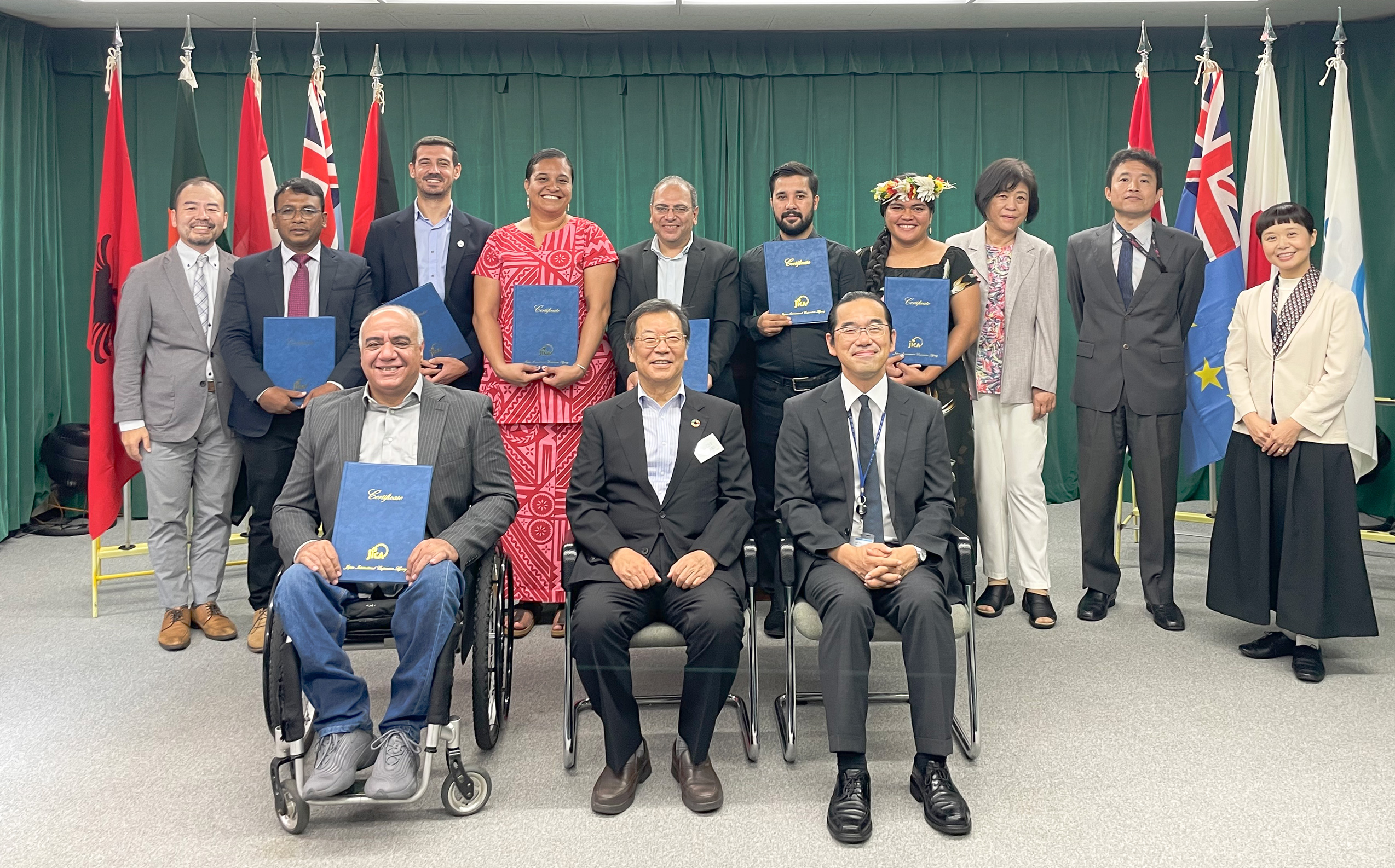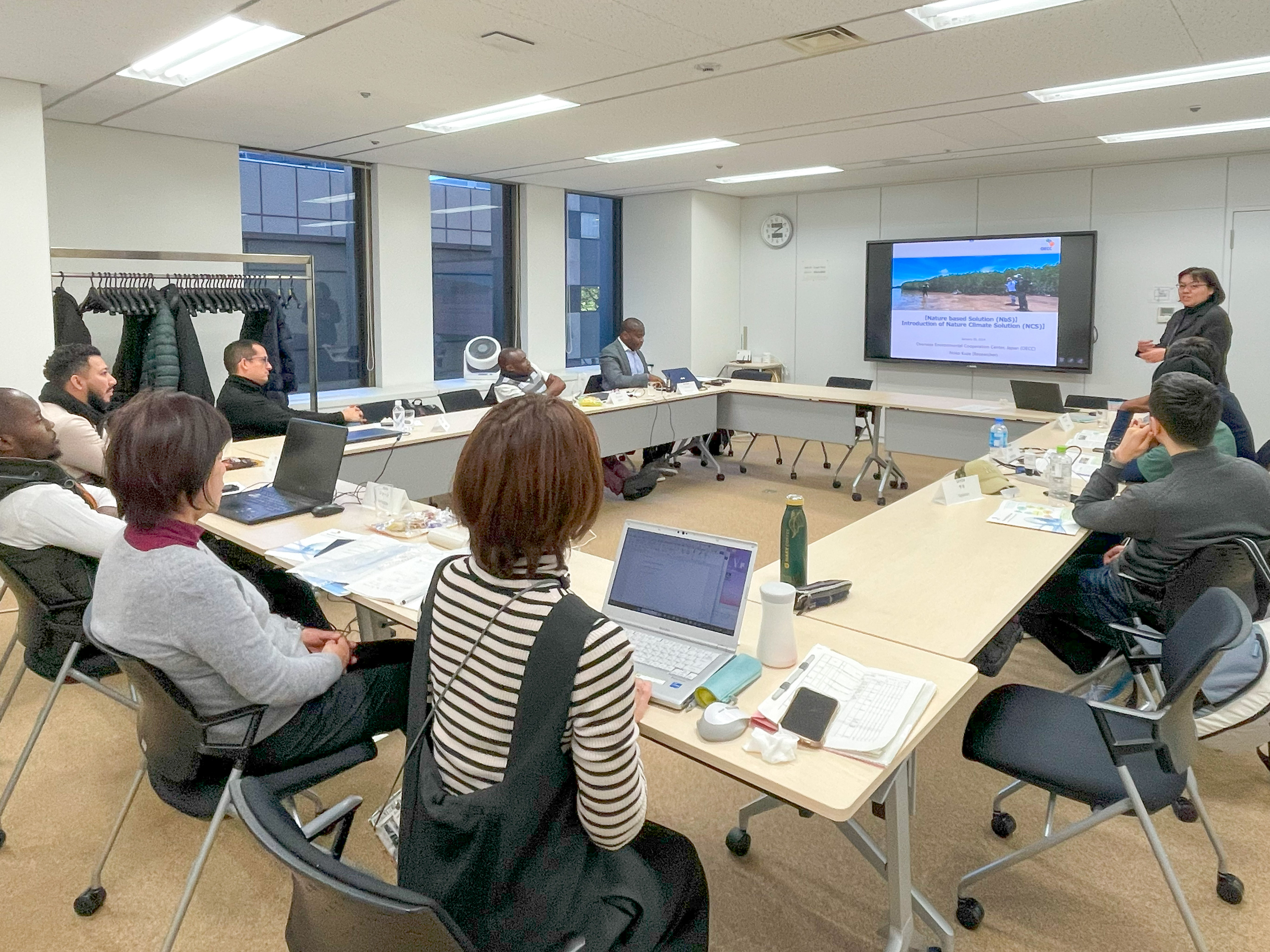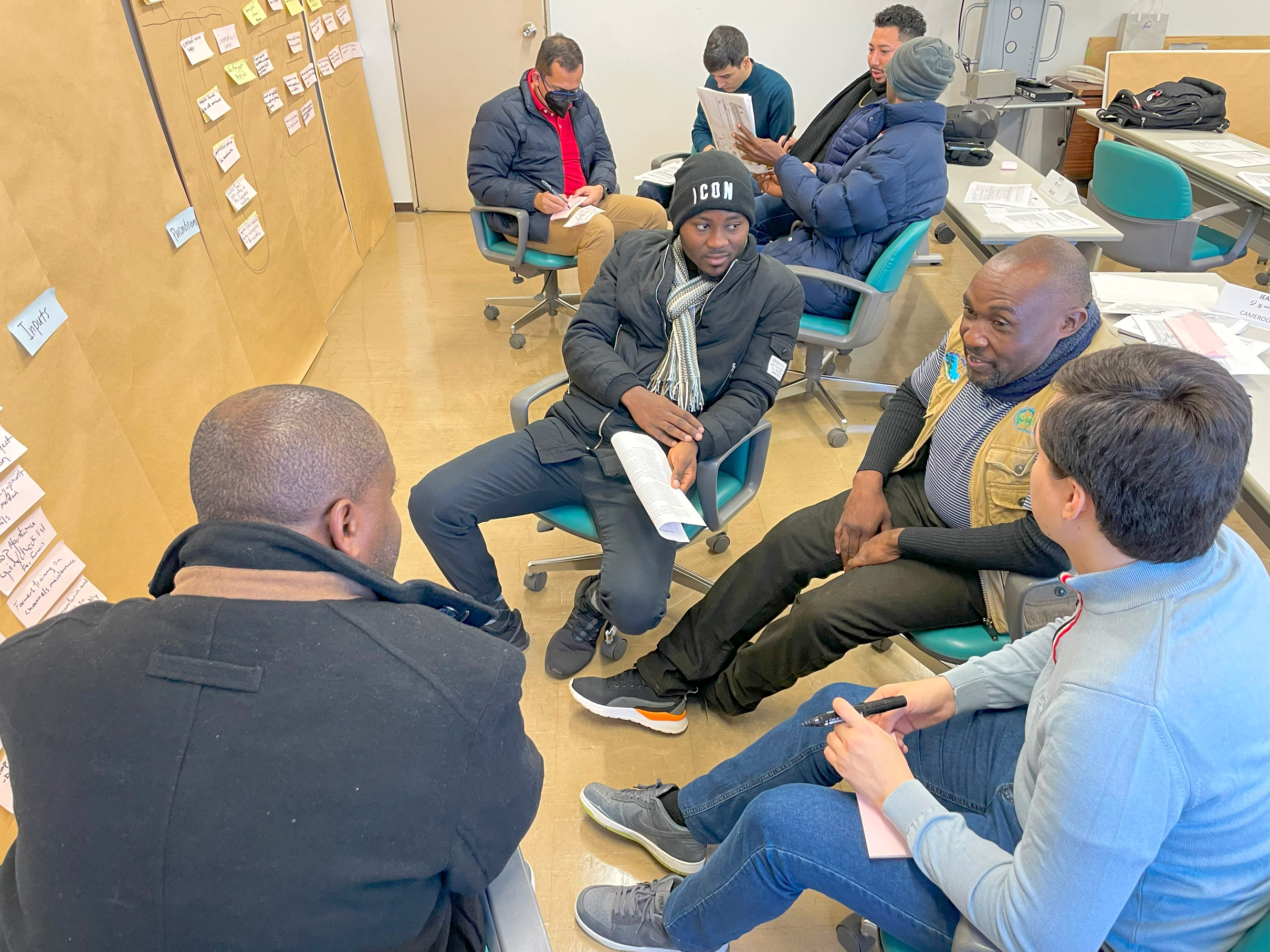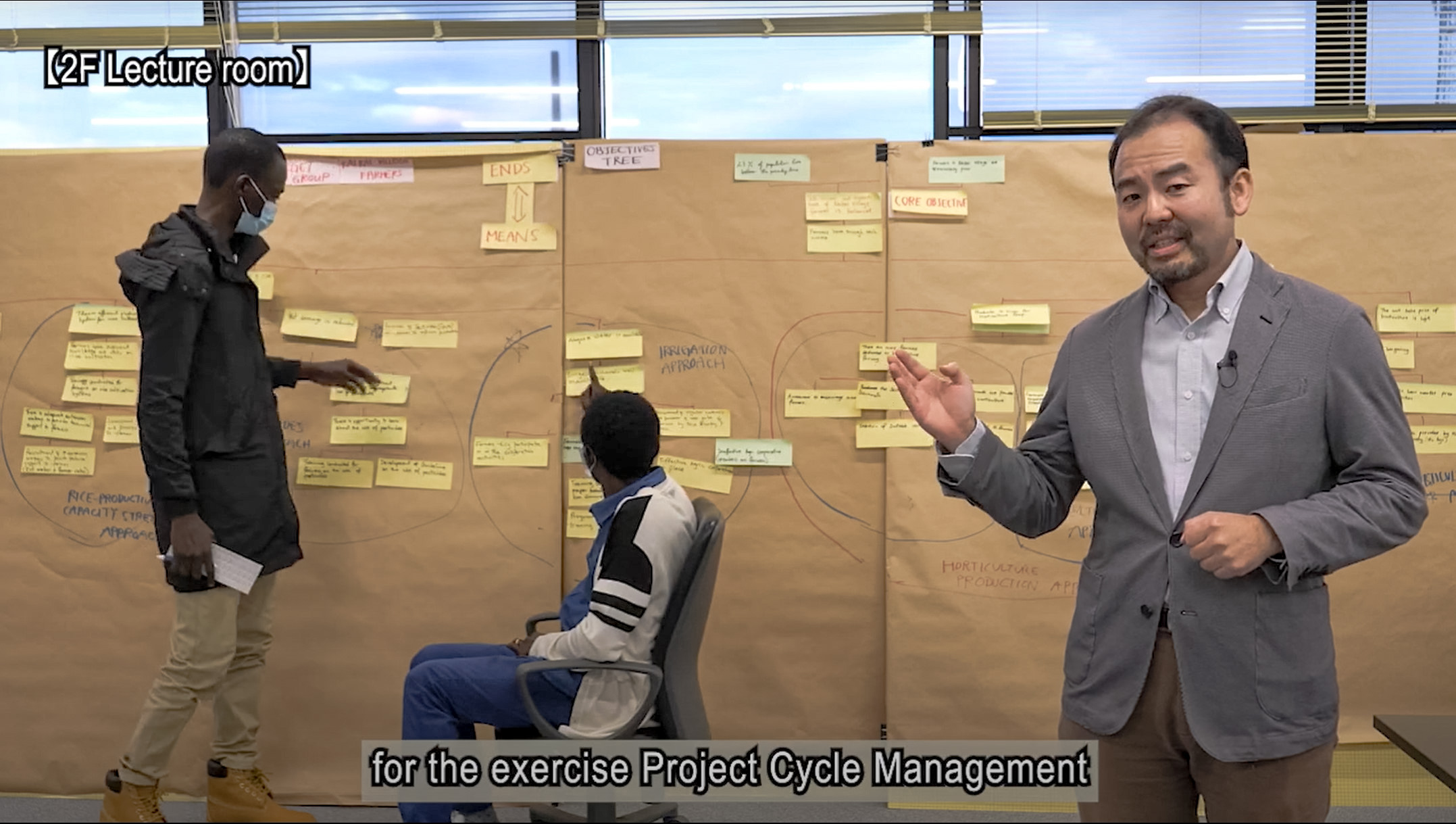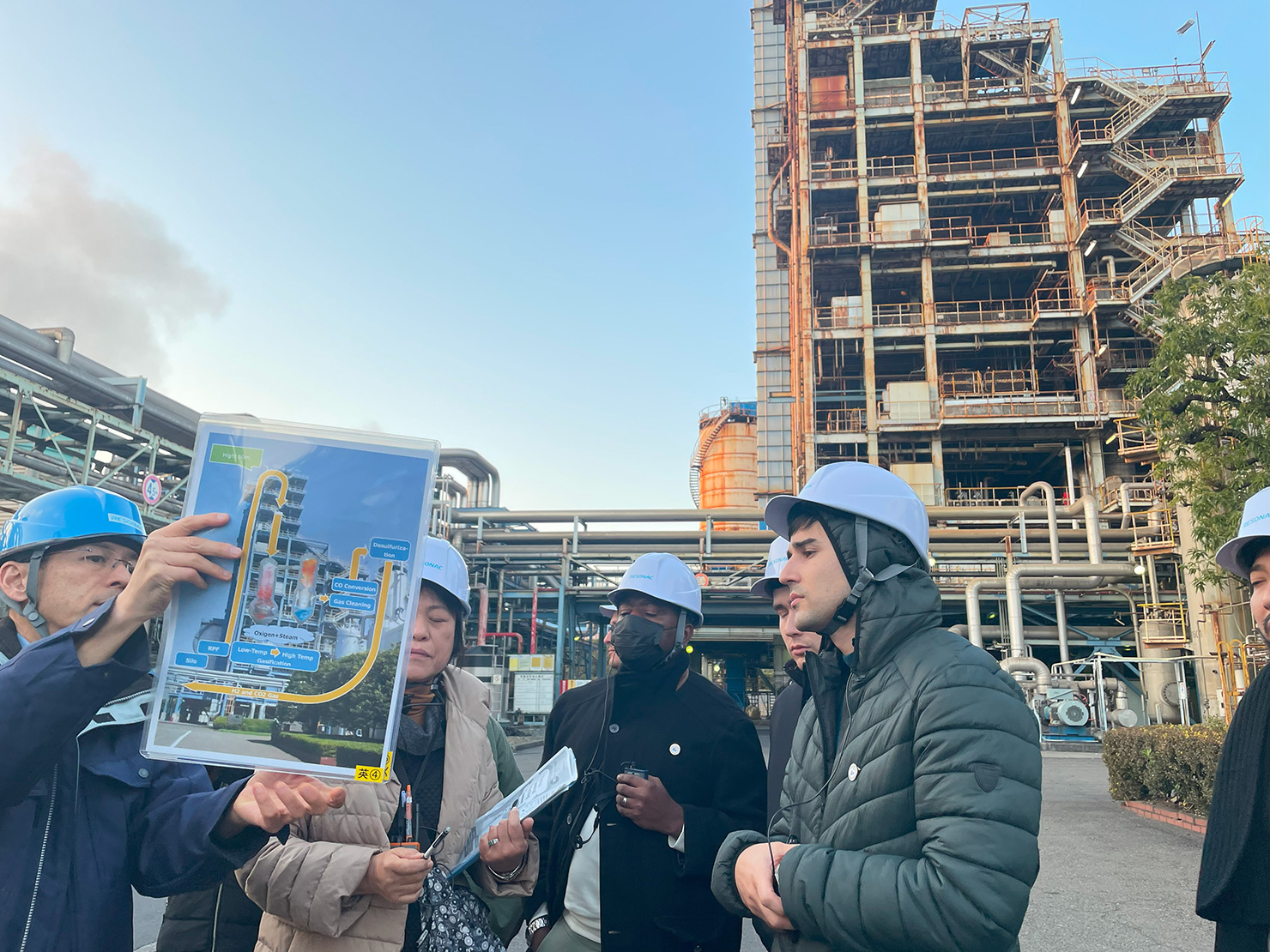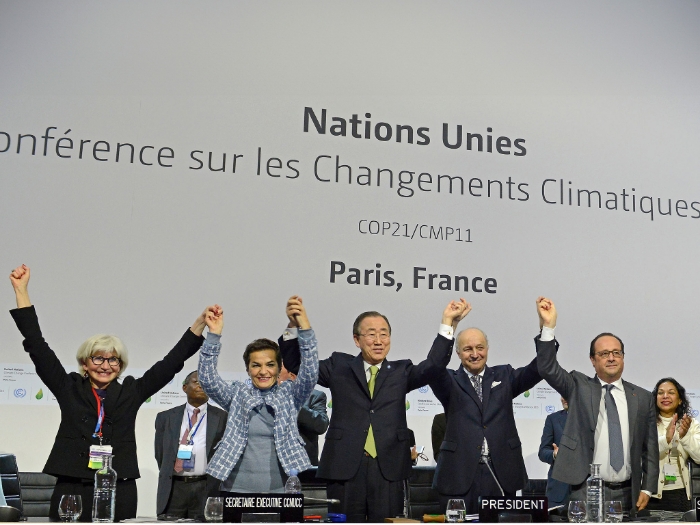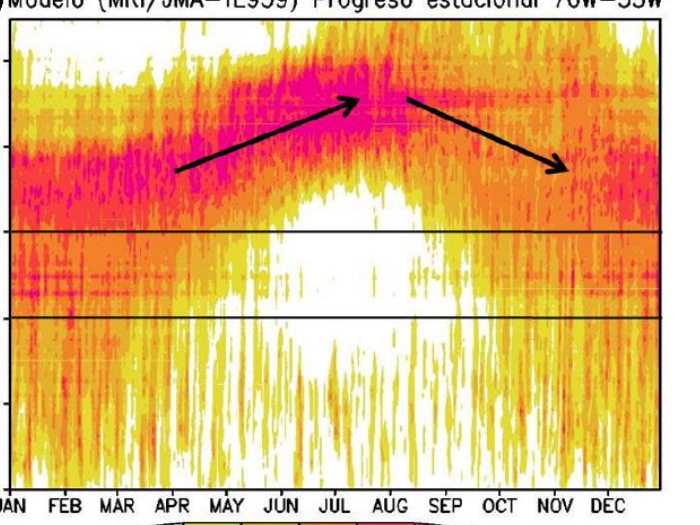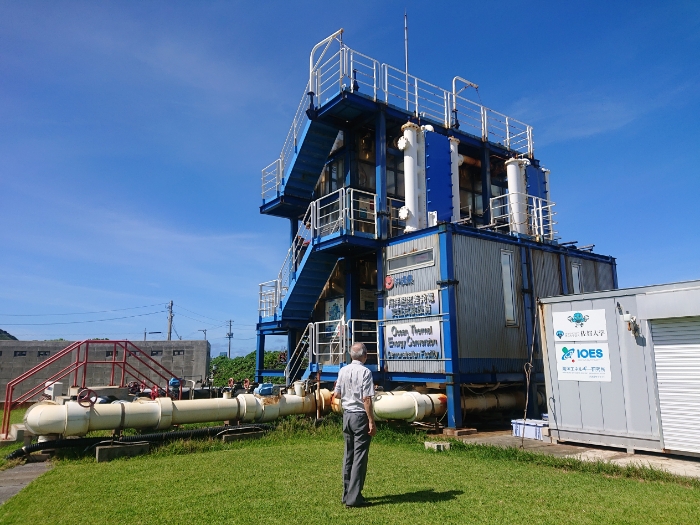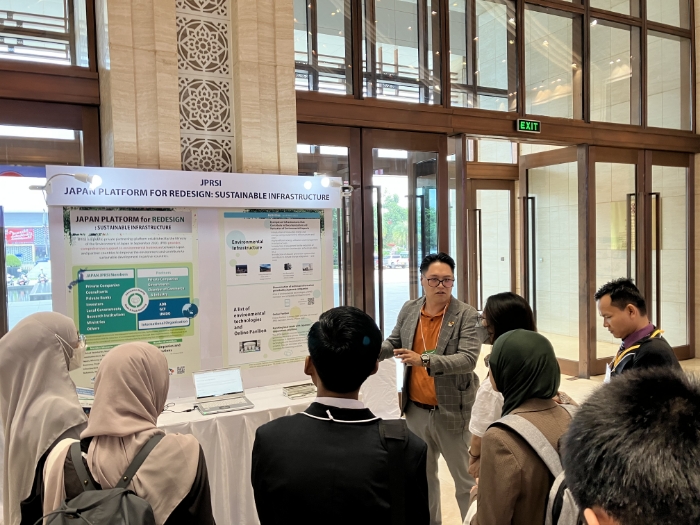Roles of the OECC
The OECC has experiences in addressing environmental issues in various phases in climate change and environmental management, from international negotiations to the formation of projects to reducing greenhouse gas emissions. Additionally, the OECC plans and implements attractive training programs for trainees from developing countries by utilizing various networks of partner organizations in Japan and abroad.
In the past several years, the OECC has conducted JICA-based issue-specific trainings on “Adaptation to Climate Change” and “Strengthening Accessibility to Climate Finance.”


